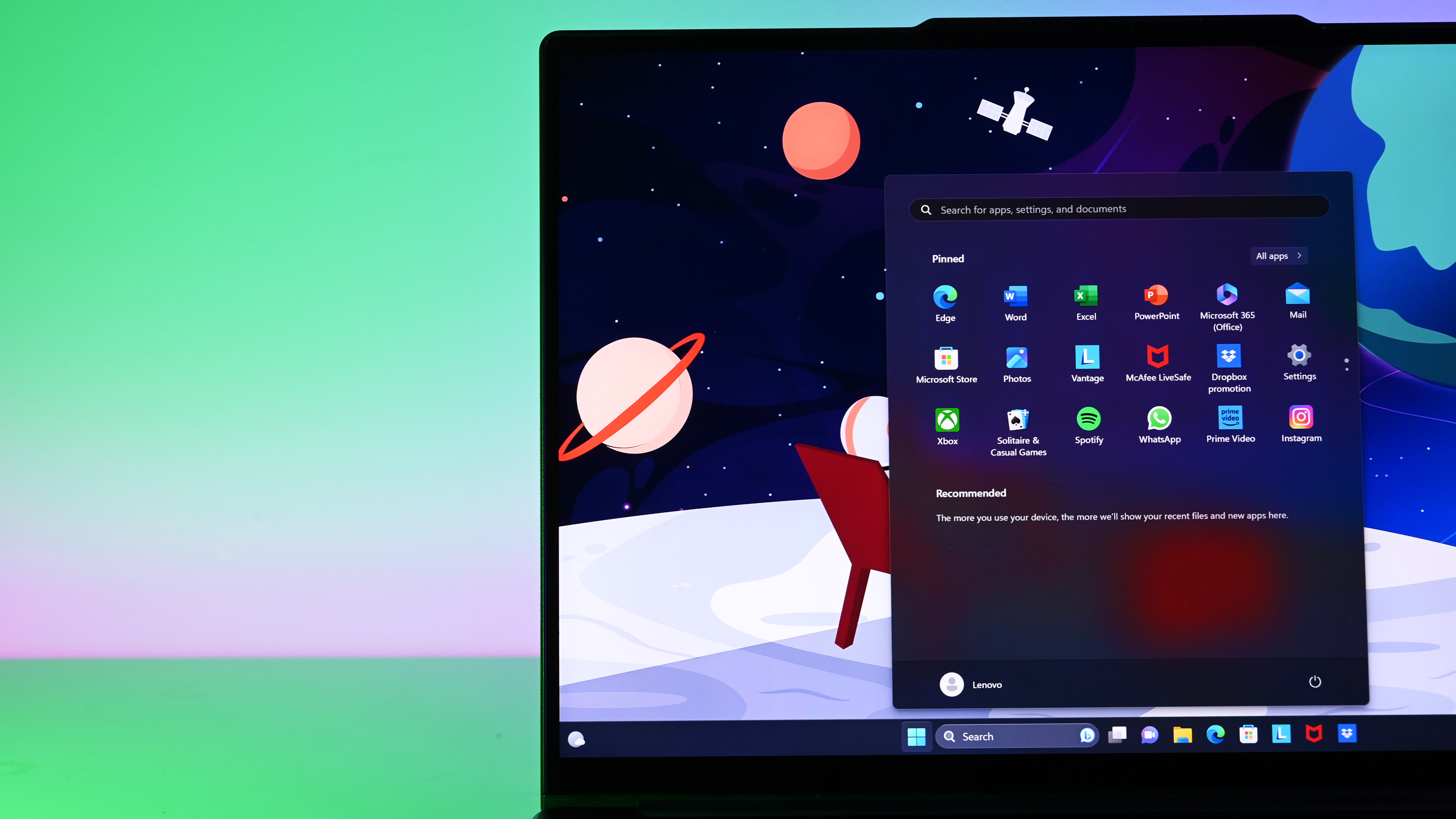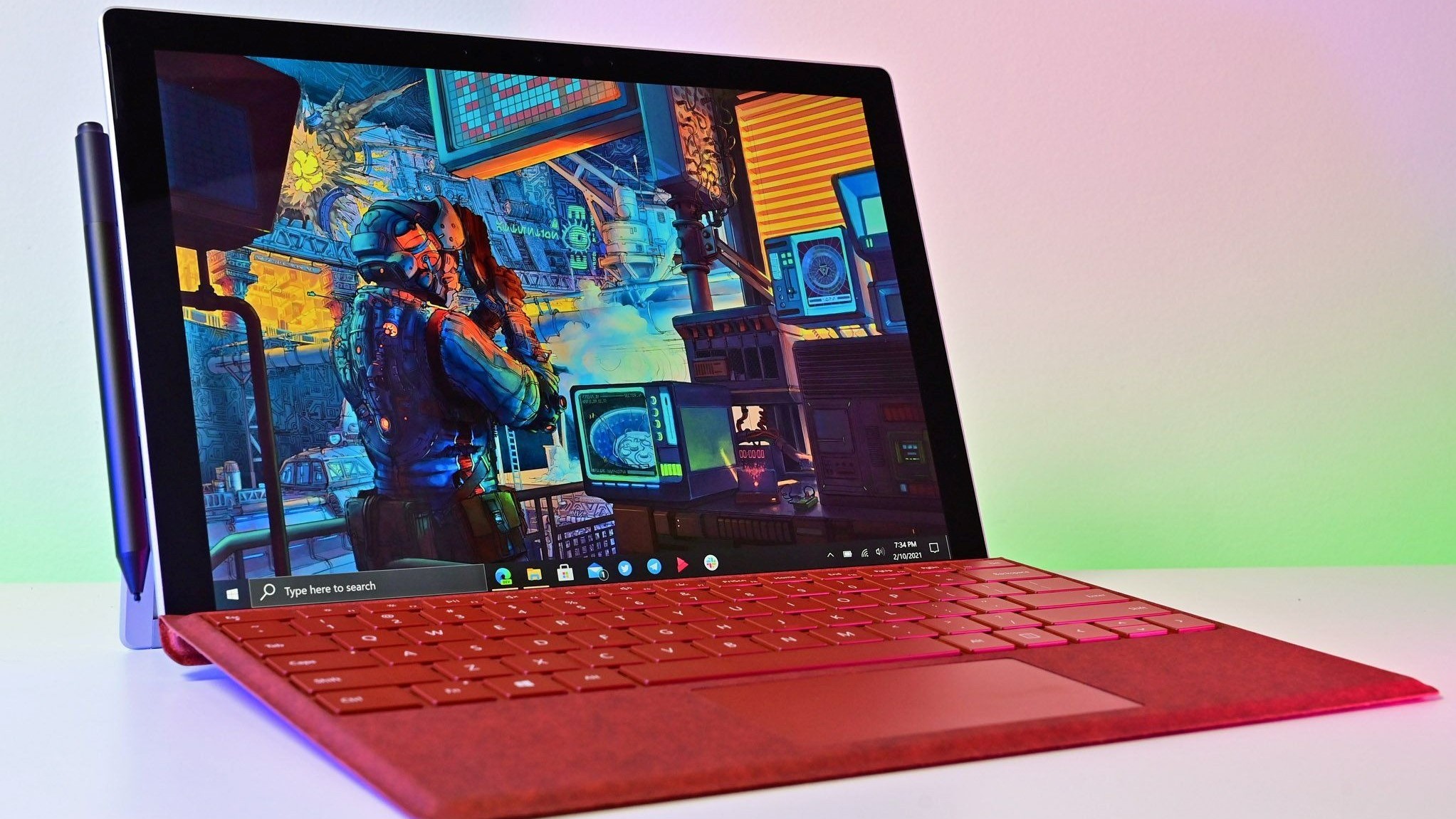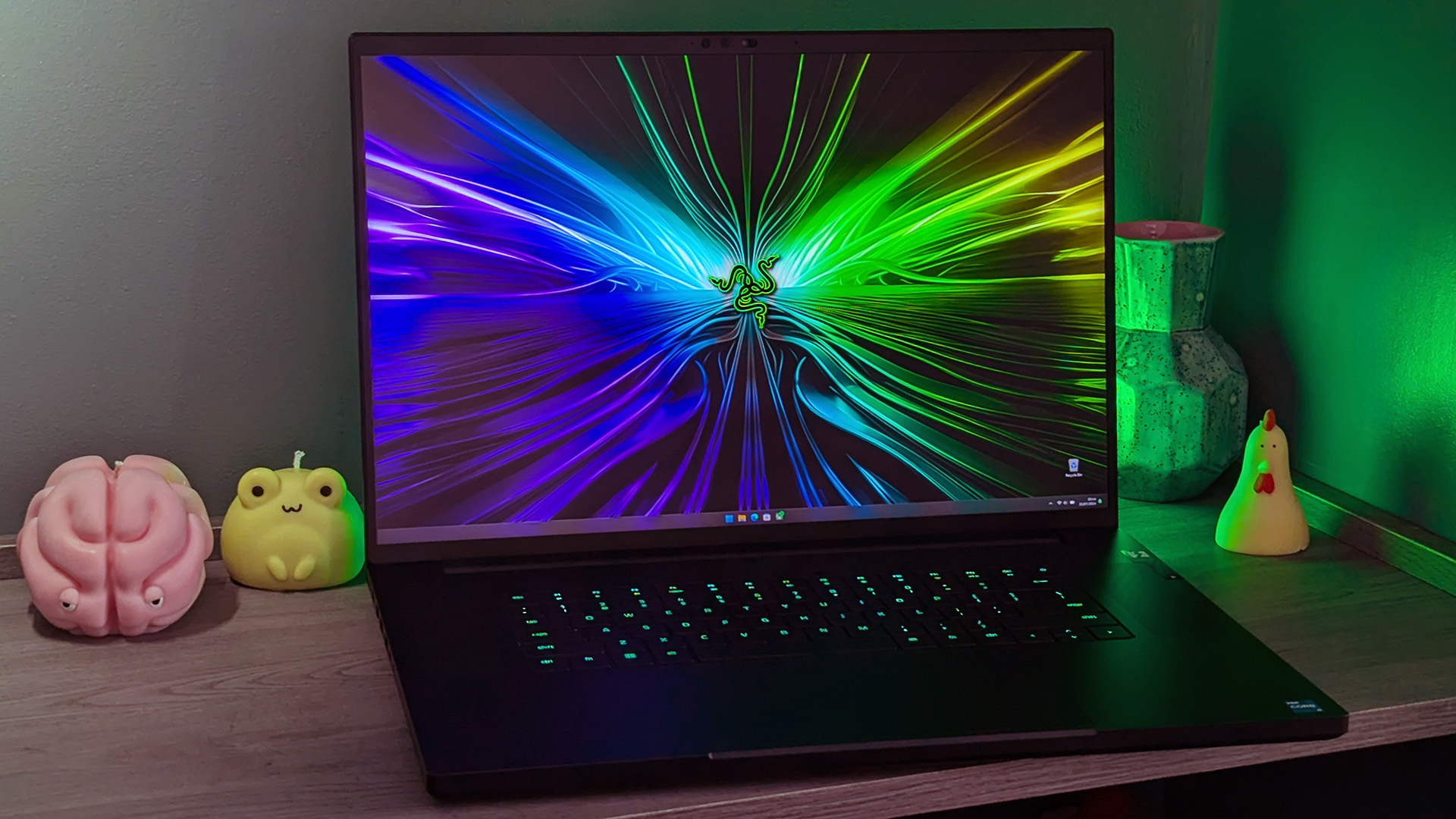
In the first quarter of 2025, PC shipments saw a growth of approximately 6.7% compared to the corresponding period in the previous year. This surge can be attributed mainly to the impending end of Windows 10 support and the uncertainties stemming from tariffs imposed by the United States.
The statistics for the first quarter of 2025 are derived from Counterpoint Research, which generally agrees with data previously disclosed by Canalys. Both sources suggest an increase in PC shipments, attributed to the impending end of Windows 10 support and anticipated tariffs.
In various reports, you might notice some differences because of the methods used to gather data and the sources consulted. However, the crucial points to focus on are the patterns shown in the data and the comparative growth or declines experienced by each brand.
2024 and the initial part of 2025 proved to be outstanding for PC hardware, with top-notch Windows laptops gracing the market. Among them are conventional models like the Dell XPS 14 and innovative devices such as the HP OmniBook Ultra Flip 14. The Lenovo Yoga Slim 9i also caught attention due to its striking design and robust performance.
In the first quarter of 2025, the makers of those personal computers enjoyed a prosperous period. Lenovo remained at the forefront in PC shipments, registering an impressive 11% increase compared to the same timeframe last year (YoY). HP and Dell also reported robust performances with growth rates of 6% and 4% respectively for the same period.
This graph presents information by Counterpoint Research on the market shares of leading PC manufacturers in the worldwide market, based on their PC shipments.
According to Counterpoint’s analysis, the increasing use of AI in personal computers contributed significantly to the surge in PC sales. However, potential slowdown in the adoption of AI-equipped PCs might be due to uncertainties caused by tariffs.
Moving ahead, the competitive landscape will be influenced significantly by Original Equipment Manufacturers (OEMs) who can successfully broaden their supply chains and production facilities. Furthermore, these OEMs must strategically form crucial partnerships across various sectors such as silicon, software, and model providers, in order to provide the optimal AI PC user experience. This was highlighted by Senior Analyst William Li.
Applications and functionalities that utilize Artificial Intelligence (AI) frequently perform optimally on devices equipped with specific hardware or devices designed with dedicated AI elements.
Windows 10 end of support

As the deadline for Windows 10 support approaches, computer manufacturers seem quite keen to stock and distribute devices to consumers, with numerous discounted PC deals popping up throughout the year, indicating a strong effort to encourage users to upgrade their systems.
The rise in PC shipments implies a sense of haste among Original Equipment Manufacturers (OEMs), who are eager to fulfill the anticipated surge in PC demand, as the deadline for Windows 10 support draws near.
Due to the stringent prerequisites for Windows 11, it’s possible that millions of users might need to purchase a newer system this year to avoid utilizing an outdated operating system without support.
Future PC shipments and sales

According to Counterpoint Research, the increase in PC sales might not last long since stock levels are anticipated to balance out shortly. Additionally, the tariffs established by the U.S. are causing a sense of instability within the market.
As a tech enthusiast, I’ve been closely watching the ongoing shifts in international trade policies, particularly tariffs, which have been announced, paused, rolled back, and changed. These fluctuations have left PC manufacturers in a challenging position, as they’re forced to adapt their business models swiftly without a clear understanding of what the global trade landscape will be like for the rest of this year. It’s a complex situation that requires agility and resilience from all parties involved.
At a specific moment, Razer temporarily halted laptop sales within the U.S., while Framework discontinued the sale of their basic laptop model since it wouldn’t generate profit under certain policies.
Gaming handhelds like the Legion Go S and MSI Claw saw price increases as well.
As a tech-savvy enthusiast, I’d like to share insights from David Naranjo, Associate Director at Counterpoint Research, about the unpredictability brought on by tariffs. Essentially, he highlighted that these tariffs are casting a shadow of doubt over our tech-focused industry.
High tariffs or ambiguity about tariff policies may make consumers and businesses hesitant to purchase new devices due to extra costs, potentially slowing down growth and market expansion. Furthermore, ongoing global economic instability could lead to a negative impact on our prediction of the PC market experiencing mid-single-digit year-over-year shipment growth in 2025.
Given that all evidence suggests the trade war will persist for some time, it’s probable that computer manufacturers are encouraging individuals to upgrade their systems as soon as possible, when supplies become available.
Read More
- Best Race Tier List In Elder Scrolls Oblivion
- Elder Scrolls Oblivion: Best Pilgrim Build
- Becky G Shares Game-Changing Tips for Tyla’s Coachella Debut!
- Meet Tayme Thapthimthong: The Rising Star of The White Lotus!
- Gold Rate Forecast
- Elder Scrolls Oblivion: Best Thief Build
- Yvette Nicole Brown Confirms She’s Returning For the Community Movie
- Silver Rate Forecast
- Elder Scrolls Oblivion: Best Sorcerer Build
- Rachel Zegler Claps Back at Critics While Ignoring Snow White Controversies!
2025-04-24 15:39